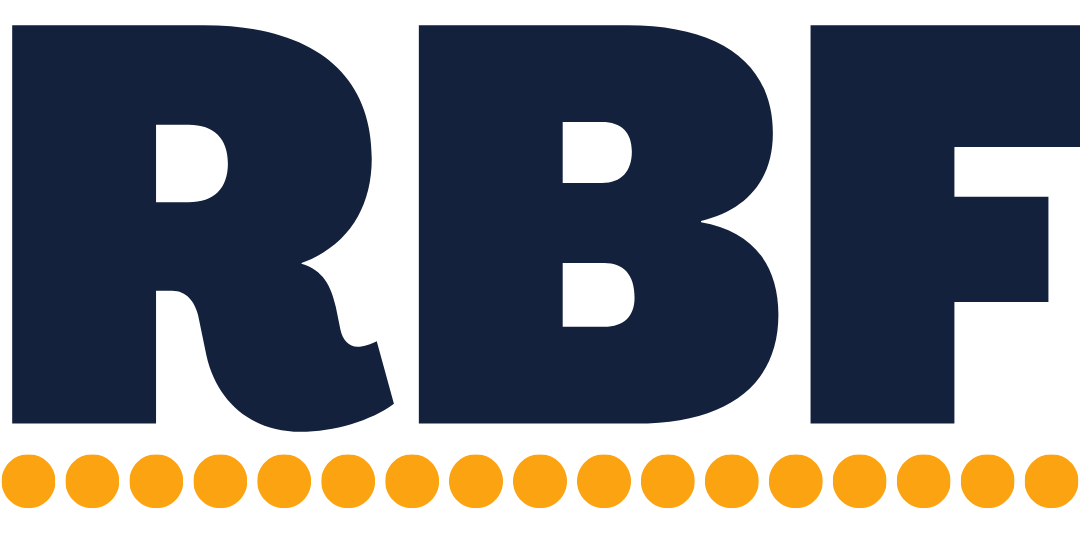Your personal finances affect your business profit and cash flow
Legal nuances aside, you and your business are intertwined. Your business provides for your family, stresses you out, helps you feel fulfilled, and occupies most of your waking thoughts. It’s very clear what our businesses give us. But, it’s a little less clear what we give our businesses. And, while we give our businesses our time, energy, and hard work, it doesn’t end there. We also frequently give our businesses our personal bad habits. If you’re a procrastinator, chances are you’re procrastinating something in your business as well. If you’re unorganized, chances are your business is unorganized. And, if you’re bad with managing your personal finances, chances are that you’re bad with managing your business finances.
But, the effect of your personal finances on your business isn’t limited to just knowing how to budget or being good at managing money. Your personal finances also directly impact your business cash flow, how profitable you need to be, and contribute to your overall financial stress. In a well-run business, that impact might just be your paycheck and owner’s bonuses. The effect is regular, measurable, and most importantly, expected. In a poorly managed business, the impact might be a constant ebb and flow of commingled expenses and shareholder loans. And, anyyy ebb and flow makes managing and predicting cash flow and profit more difficult – let alone sporadic, unnecessary transactions.
Commingling expenses muddies the water:
You already shouldn’t be commingling your expenses. Commingling leads to expenses slipping between the cracks (aka missed deductions and paying higher tax), more difficult audits (because you’re giving the auditors more reasons to dig), and, frankly, your accountant is going to charge you more to deal with the mess. Commingling also makes it incredibly difficult to understand your cash flow by muddying the waters. You now have to account for a bunch of miscellaneous personal transactions when thinking about your cash flow. And, while modern accounting & forecasting software can filter out personal transactions, you’ll never be able to intuitively understand your cash flow without software, and any mistakes when filtering out transactions will ruin your forecasts and projections. (And, yes, you could have a +/- 5% threshold. But, do you really want to add in a ‘whoopsies’ buffer just because you can’t separate your expenses?)
Taking loans and advances hurts your business:
When owners live outside their means, they frequently dip into business funds to make up the difference. But, even if you’re the sole owner and are allowed to distribute those funds, you’re just robbing Peter to pay Paul. You’re taking money that your business needs to maintain healthy cash flow, remain solvent, or invest into operations to pay for your personal expenses. And, returning the money a few days later doesn’t necessarily fix the issue. Your business will still have cash flow issues in between. These sporadic shareholder loans and advances directly hurt your business finances and operations. And, in extreme cases, can single-handedly sink a business.
Expensive lifestyles require larger profits:
Obviously, the goal is for our businesses to be super profitable and make more than enough money to afford both further business investment anddd a luxurious lifestyle. But, realistically, your profit isn’t infinite. There’s a measurable, definable limit. And, every dollar you take out of your business to pay for your lifestyle is a dollar that can’t be spent on your business. Depending on your goals, that might be perfectly fine. For example, you might’ve reached a size that supports your lifestyle and you just want to maintain it. But, if you’re trying to grow, a more expensive lifestyle will divert money from further business investment. And, if there’s a financial emergency, a business supporting a more expensive lifestyle that requires greater profits to afford is in bigger trouble and has less runway to deal with the emergency. (On the flip side – in an emergency, you can frequently preserve other business expenses by cutting personal expenses and reducing your salary.)
Deductible personal expenses still exist :
You should deduct everything you’re legally allowed to. But, deducting personal expenses doesn’t mean they just go away. It’s just a nice little bonus when you do your taxes at year-end. Mixed-use expenses like phone bills, auto lease payments, health insurance, etc still exist, reduce your profits, affect your cash flow, and need to be managed. All your deductible personal expenses should be treated the same way (aka paid for personally then reimbursed – or however else your accountant recommends based on your situation), so they affect your business operating profit and cash flow similarly. Treating a variety of mixed-use expenses differently muddies the water in the same way commingled expenses do.
Action Item:
Define a personal budget, pay yourself enough to afford it, then leave everything else in the business. (The occasional, planned owner’s bonus is okay.)
